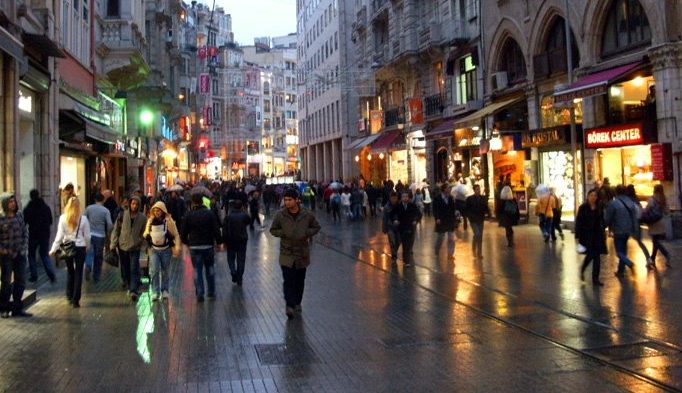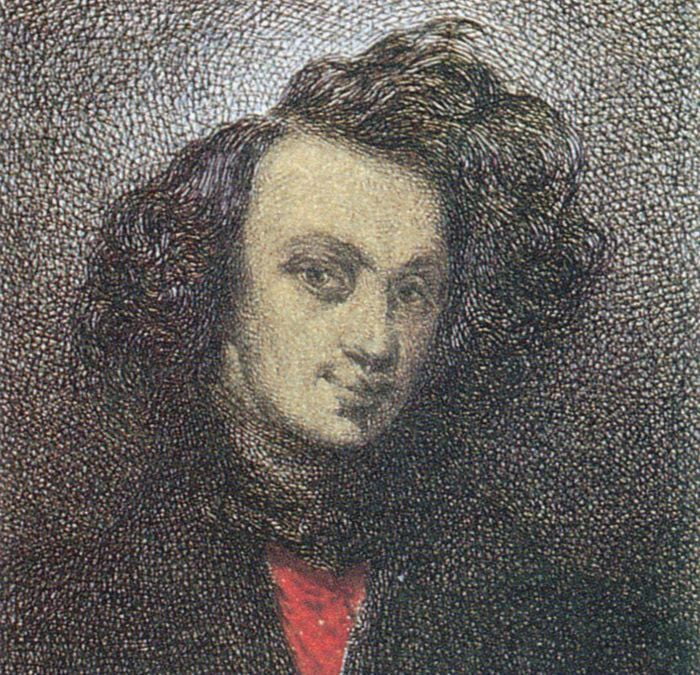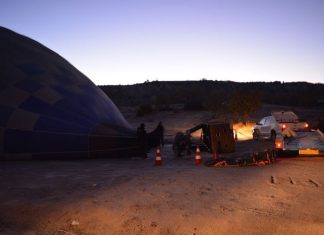A market festival occurred there every year in mid-September for the feast of Cyprian, the martyred Christian bishop of Africa in the third century. This was the greatest market of the year, drawing merchants and buyers from Campania to Calabria and over to Apulia, virtually all of southern Italy. Some sellers erected stands and tents throughout the spreading meadows to display and protect their merchandise, while others cobbled together a temporary camp of shelters from tree branches to provide hospitality for all the visitors. It was a veritable city without buildings. Elegant clothes and handsome livestock, to say nothing of agricultural produce (it was harvest time, after all), were the great sellers, but the royal letter writer from whom we know of the event takes pains as well to describe and prettify something horrific: a brisk trade in children whose impoverished parents sold them into slavery. People could think it was better for children to be slaves in town than to live without food on their parents’ farms.
On the climactic night of the festival, we are told, when the priest or bishop began his prayers, the water in the baptismal spring sensed what was about to happen and rose exultantly to meet the prayers from above. A course of man-made steps led down into the spring, with the water regularly covering five of them, but the two higher steps remained dry, except when the prayers began and the water welled up spontaneously—miraculously—to facilitate the baptism mystical bulgaria tours.
And in the evening, songs were sung in the tents and shelters, songs we shall never hear, for the real life of ancient times always escapes us. This corner of the ancient world had changed little with the coming of Christianity or with the coming of Theoderic and saw little reason to change. People took prosperity and social order for granted. The only cloud in this sunny scene was the king’s concern at reports that such a throng with goods and money might also attract marauders. He commanded the senator to whom the letter is addressed to convene the local landowners and farmers to ensure the security and tranquillity of the event. In this moment, they succeeded, and the Roman empire still lived.
Justinian`s World (527 565)
The Empire That Couldn’t Help Itself
Act two: In which, at a time of relative peace and prosperity, we meet a young, ambitious emperor who began life on the Balkan frontier, not far from modern Skopje in Macedonia, following a path to power paved by his enterprising uncle. When his uncle died, he took the throne and revealed ambitions for his capital and his empire on a scale that had not been seen since Constantine 200 years earlier. He won many battles and built many monuments—but that was not enough, for such zeal to preserve civilization can also prove unimaginably destructive Danube frontier.
Being Justinian
Justinian Comes into history from out of shadows. We know how his uncle Justin came to Constantinople on foot to seek a military career and ended on the imperial throne. Justinian was the nephew who was the son Justin never had. Already in his thirties when we see him slipping into position next to his uncle’s new throne, he is a mystery to us until that time. At some point, he came down out of the Macedonian hinterlands to make his fortune, at some point he changed his name to emphasize his connection to the throne, and he acquired some of the skills of a prince. And he found himself a wife, Theodora.
Theodora haunts all the stories of Justinian, as virago, whore, mother superior, and great lady all at once. Hers is a character part, not a leading role, but she deserves an introduction separate from her husband. She was nothing by birth, in a world where birth was usually destiny. Her father kept bears in the circus at Constantinople, a world where shadows were dark enough to conceal a life of humiliation and sexual slavery for many a young woman. A prudent telling of her story has her use proximity to power as opportunity, leading her into a series of liaisons with powerful men, one of whom turned into an emperor. But the stinging portrait of her in Procopius’s Anecdota (“Secret History”) goes far beyond the facts we can confirm otherwise to tell of her rise to power as a fallen woman, so to speak, ascending from common prostitute to pop celebrity to great courtesan to domineering empress.
Her reportedly lurid sexual practices are so vividly reported in Procopius that Edward Gibbon congratulated himself on respecting his reader’s modesty by quoting them only in “the obscurity of a learned language”—the original Greek. The reader who wants to know the truth should read Procopius—did she really use geese to nibble the grains of wheat her handlers sprinkled over her nude body in her strip shows? Precisely what anatomical improbability did she imagine to expand her sexual pleasure? And there’s more. The effect of the public reputation of Theodora in Justinian’s lifetime and since is to give this humorless and indeed almost lifeless emperor a colorful and plausible counselor for his best and worst decisions. Her role is that of Nancy Reagan with a lurid past.








